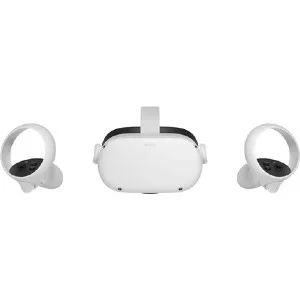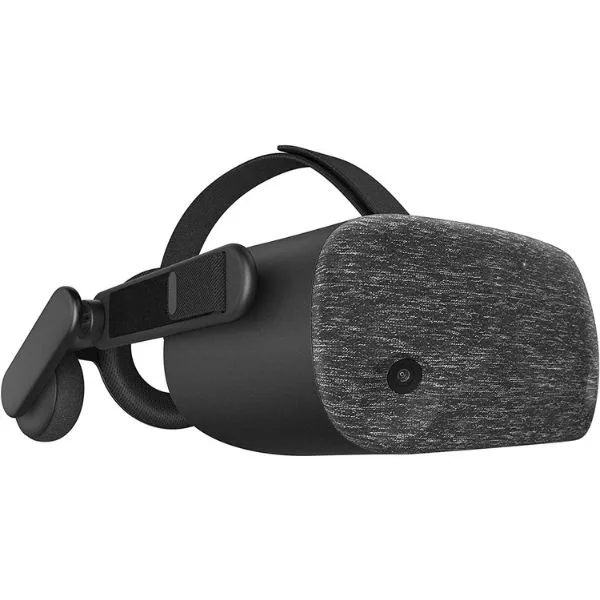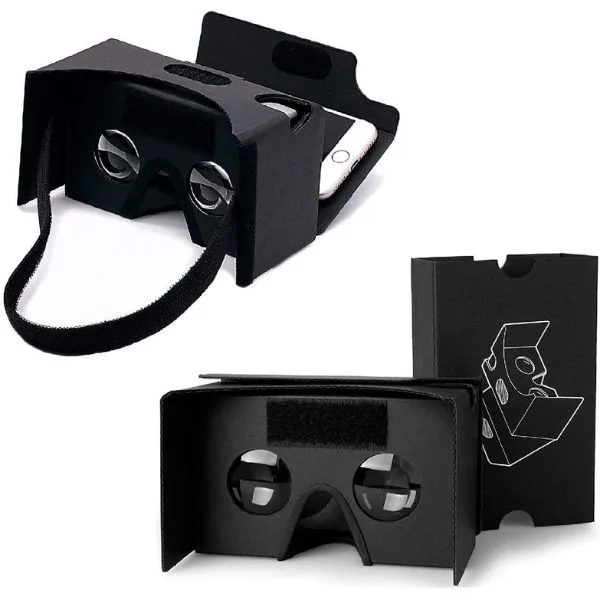Facebook’s mixed reality headset: Life-changing or Google Glass 2.0?
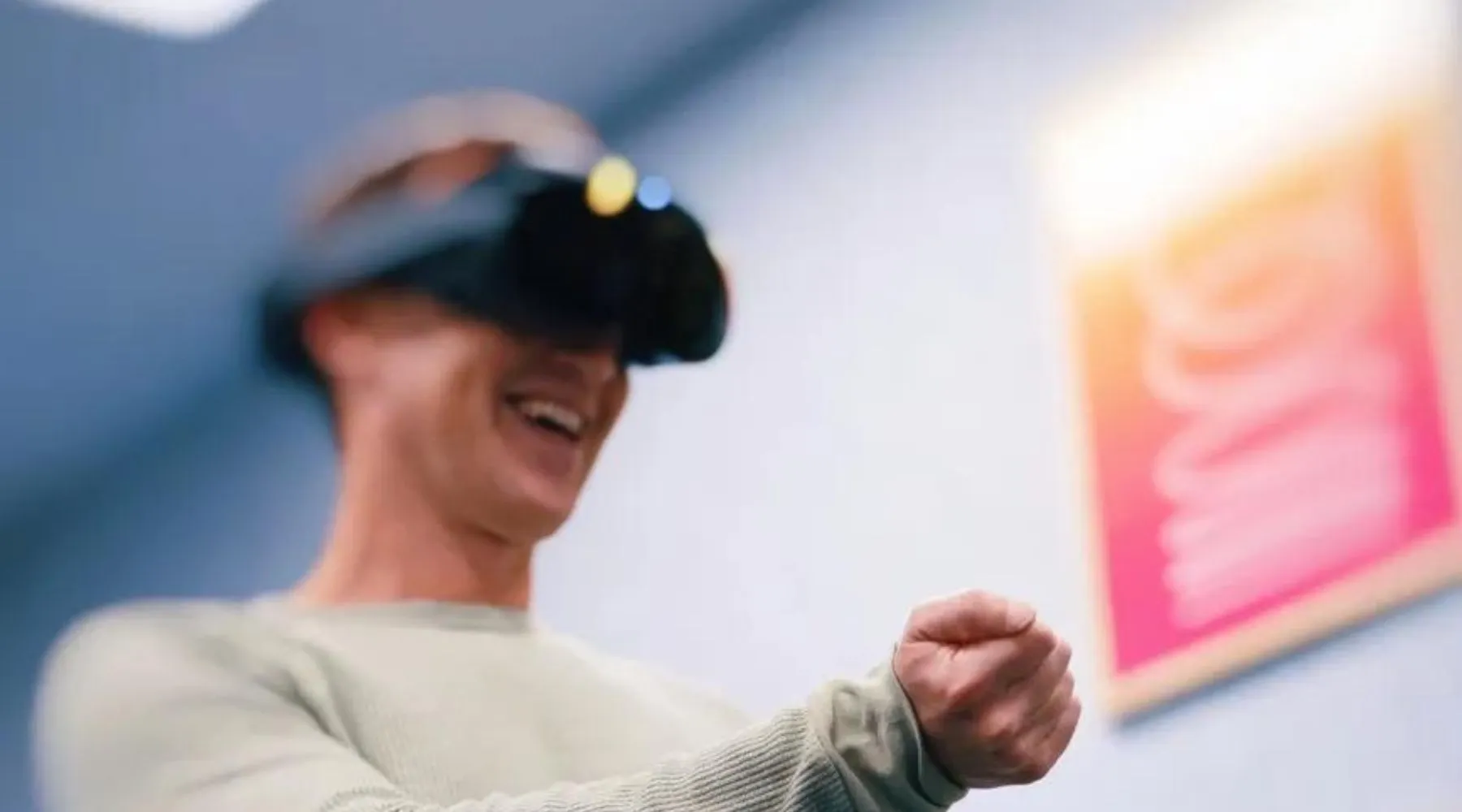
A preview that CEO Mark Zuckerberg posted has heightened expectations for the new Meta mixed reality headset.
Meta, formerly known as Facebook, has been all over the news recently as its bold plans to merge the real and digital universe have gradually been unveiled. In that vein, CEO Mark Zuckerberg's recent Facebook post has provided a fascinating insight into the role "mixed reality" (MR) headsets will play in his brave new world.
This new headset is codenamed Project Cambria and is pixellated in Zuckerberg's video. The tech mogul refers to it as "high-end" and says it will come out in 2022.
So what do we know about these headsets? Will they be the paradigm-shifters Meta hopes for or another ambitious but ultimately fruitless virtual reality (VR) gimmick?
Mixed reality
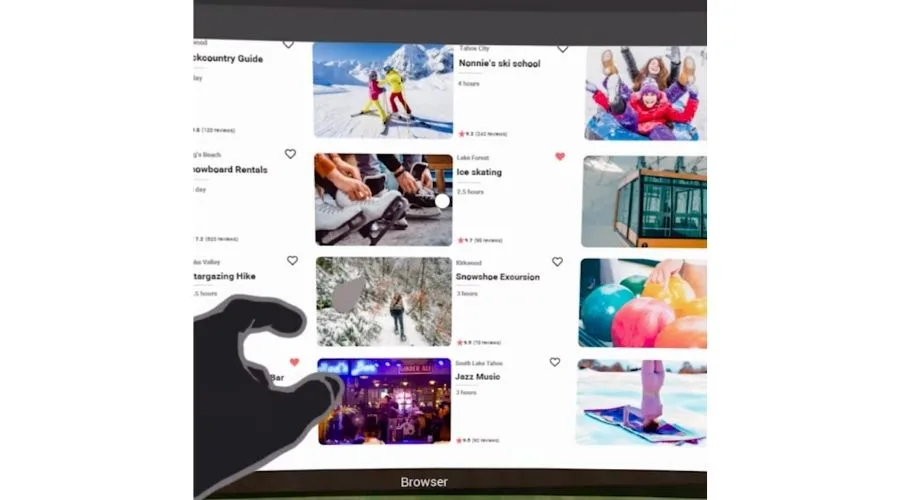
First, let's take a look at what mixed reality entails. Like other projects that use the term, Meta's headset is aiming for a cross between virtual reality and augmented reality (AR). VR refers to the entrance into an entirely digital world and AR is the overlaying of digital elements on top of the real world.
Mixed reality combines the 2, adding full-blown VR elements to an IRL camera feed. It's AR on steroids. In the teaser video, Zuckerberg is shown petting an adorable virtual creature and throwing a digital ball. But perhaps the most exciting moment is when Zuckerberg is shown viewing a web page that appears right in front of his face.
He elaborates on this idea in the video, asking viewers to, "Imagine being able to pull up your perfect workstation with as many screens as you want anywhere you go." He also teased fitness capabilities. The possibilities really are endless.
And the new Presence Platform, which encourages developers to cross-produce their experiences for the Meta Quest 2 and Project Cambria, means we'll likely soon have a cornucopia of MR journeys to take. If Meta can get this technology right, there's no doubt many consumers will be very interested in the product.
The metaverse
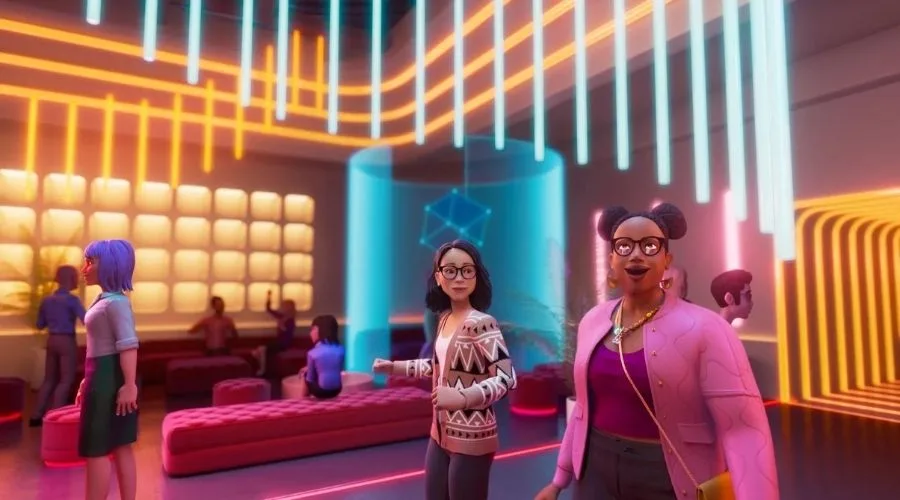
Everything you hear about Meta these days has to ultimately link back to the metaverse. If you've been living under a rock, the metaverse refers to a complete simulated universe Meta is aiming to develop, complete with socialising, gaming, industry, shopping and all the other features of modern life.
Meta's acquisition of Oculus all the way back in 2014 reflects how important VR, AR and now MR are to the company's vision. What this focus on MR shows is an interest in diversification. While much of what we've seen of the metaverse so far is completely virtual, Meta knows this isn't for everyone. Many of us don't view the real world as some hell to be escaped from by spending our lives in a simulation.
So what Project Cambria seems to offer is the ability to dip into the metaverse, without fully committing. Meta's strategy may be that Project Cambria will serve as a gateway experience, ultimately encouraging customers to dive all the way into the metaverse.
Learning from the past
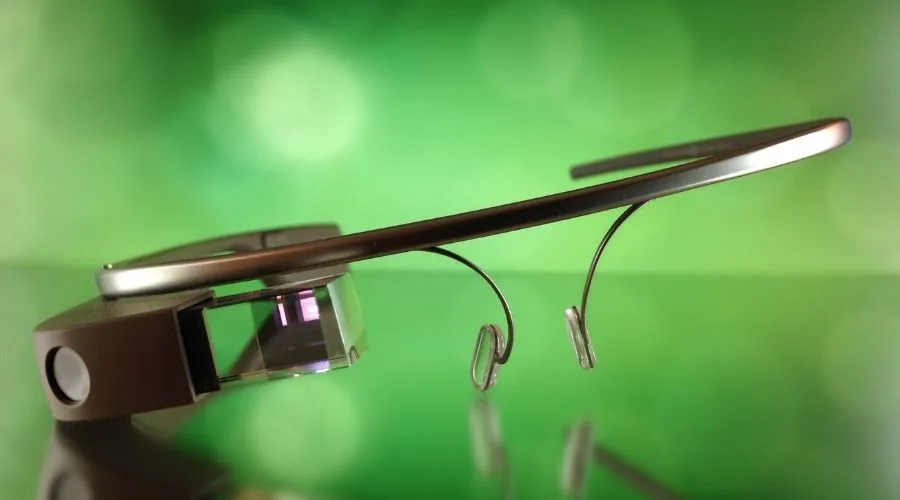
So why did experiments like Google Glass fail and what can Meta learn from it? Perhaps most importantly, 8 years have passed since Glass first became publicly available, a lifetime in the tech world. All the advances of those years will be a boon for Project Cambria.
Of course, the projects are far from identical. Google's major aim with Glass was to create a ubiquitous computer, allowing users to interact with the Internet via voice commands. While this kind of functionality is baked into Project Cambria, Meta is offering up a lot more with its device. By the time Project Cambria launches, Meta will be much further along with its metaverse vision. There could be countless experiences on offer.
So while Google basically left Glass out in the cold, Project Cambria will have a huge amount of ancillary support to attract consumers and keep them coming back.
Still, everything hinges on the metaverse being some kind of success. Reception to the concept has been lukewarm so far and Meta's performance on the share market has been rocky of late. The company has made a huge investment into the metaverse, financially and from a PR perspective, and as such it has become the fulcrum of all Meta's operations.
So will Meta's mixed reality headset change your life? Only time will tell.
Best VR headset deals
Hyped for all the potential of virtual, augmented and mixed reality? Grab a great price on a headset below.
Meta Quest 2
Perhaps the lynchpin of the metaverse, grab a Meta Quest 2 if you don't want to be left behind.
Buy now for $479
HP Reverb
With 2,160x2,160 resolution per eye and a 90Hz refresh rate, this is a premium headset to thrust you into any virtual world.
Buy now for $499
Printor Google Cardboard
Use Google Cardboard to explore hundreds of VR experiences on your smartphone.
Buy now for $19.90
Need more info on the latest and greatest tech? Head over to Technology Finder.
